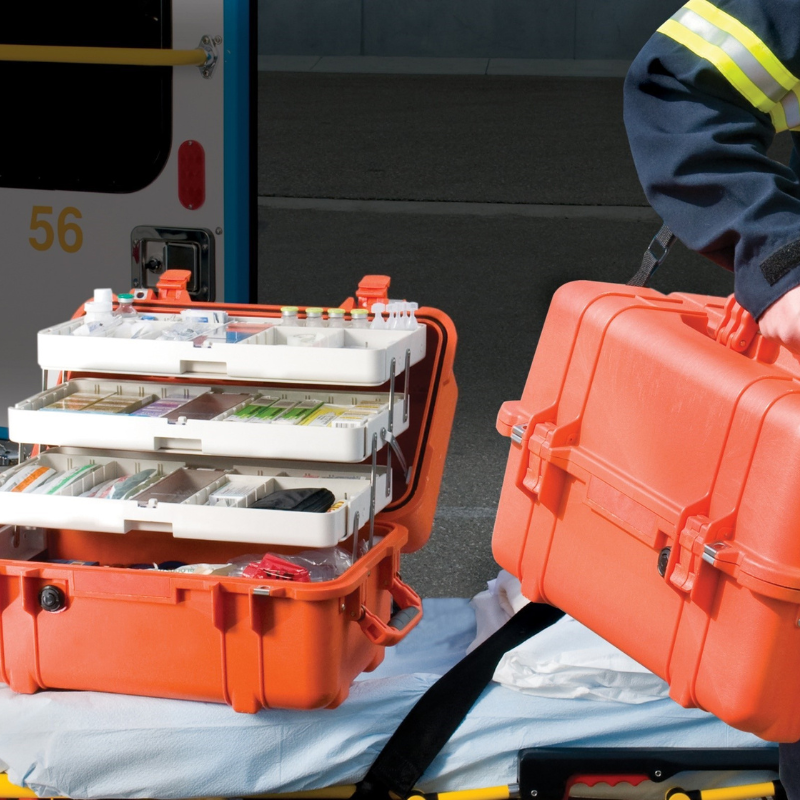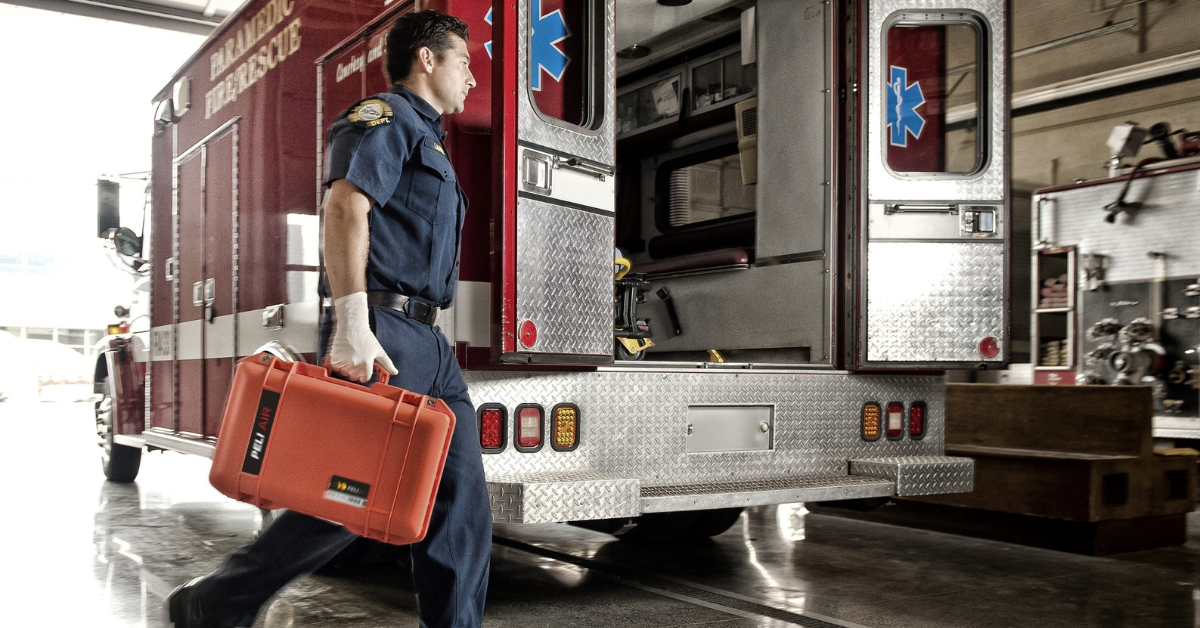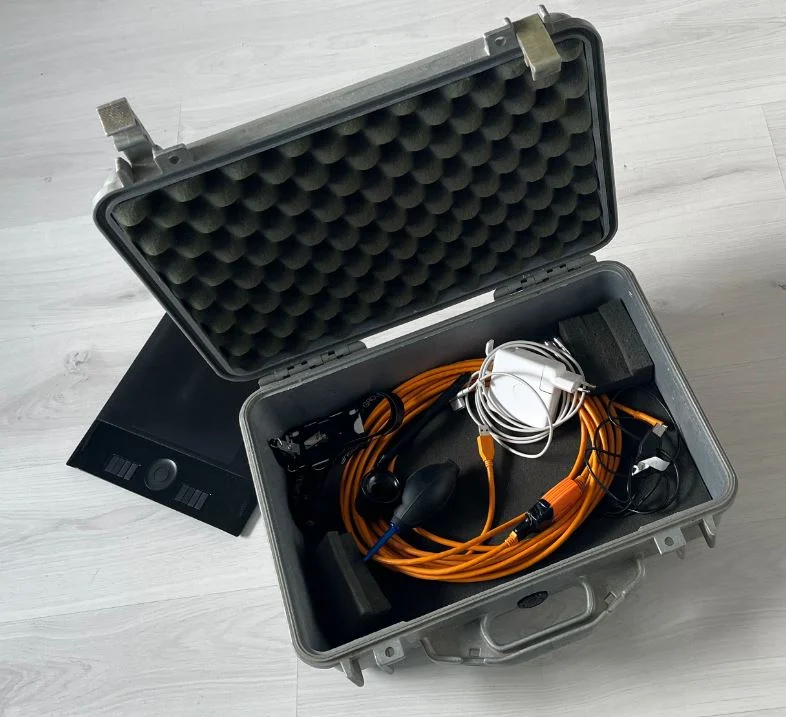In disaster response, the line between success and failure is razor-thin. Emergency teams rely on every piece of gear functioning flawlessly—especially the case protecting it. A single point of failure can cost time, compromise missions, or even risk lives.
That’s why case reliability isn’t a luxury—it’s a necessity.
1. What Happens When a Case Fails in the Field?
A failed case can mean:
- Water intrusion, damaging comms or medical electronics
- Crushed tools from collapsed structures or vehicle impacts
- Lost inventory from broken latches or cracked lids
- Delays during critical deployment due to gear malfunction
In life-or-death scenarios, damaged or inaccessible equipment can halt entire operations. For relief teams, this simply isn’t acceptable.
2. Why Do Some Cases Fail in Extreme Conditions?
Protective cases that seem strong in storage can quickly fail in the field due to:
- Inferior plastics that crack in extreme cold or warp in heat
- Poor seal design that allows moisture or fine dust inside
- Weak latches or hinges that loosen after minimal use
- Non-reinforced corners that collapse under pressure
Even a minor design flaw becomes a major liability when you’re operating in the aftermath of a hurricane, earthquake, or flood.
3. What Should I Look for in a Failure-Resistant Case?
Reliable cases will include:
- IP67 rating or higher for water and dust protection
- Automatic pressure valves for altitude or weather shifts
- Overmoulded handles and steel-reinforced latches
- Heavy-duty polymers (like HPX resin or copolymer polypropylene)
- Drop-tested durability under military-grade conditions
Cases built for tactical use should survive drops, crushes, and submersion—then open flawlessly under pressure.
4. Are There Certifications That Guarantee Durability?
Yes. Trusted cases typically meet or exceed:
- MIL-STD-810G (shock, vibration, temperature, and humidity)
- ATA 300 Category 1 (air transport durability)
- IP67 (sealed against dust and immersion for 30 minutes)
These aren’t just marketing tags—they’re rigorous testing protocols that mimic the harshest conditions emergency responders face.
5. Which Brands Can Be Trusted?
While some cases may look similar, performance varies widely. Brands like PELI design their products specifically for military, tactical, and emergency sectors—where failure isn’t an option. With extensive drop, submersion, and crush testing, their protective solutions are trusted worldwide.
For disaster relief teams, every second matters. Choosing a failure-resistant case ensures your equipment shows up mission-ready—every time.
Find your life saving case here: PELI
{{ include_custom_fonts({“HelveticaNeueLTPro-Roman”:[“Medium”],”HelveticaNeueLTPro-Bd”:[“Bold”]}) }}





